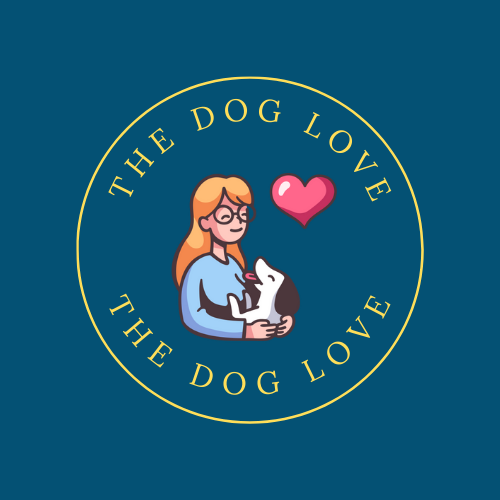Understanding Dog Nutrition: What Women Need to Know
As a loving and dedicated dog owner, understanding dog nutrition is crucial to keeping your furry friend healthy and happy. With so much information available, it can be overwhelming to know what’s best for your pet. This guide is tailored for women who want to ensure their dogs are getting the proper nutrition they need.
1. The Basics of Dog Nutrition
Macronutrients:
- Proteins: Essential for growth, muscle repair, and overall health. Look for high-quality animal-based proteins like chicken, beef, and fish.
- Fats: Provide energy and support cell function. Healthy fats include omega-3 and omega-6 fatty acids found in fish oil, flaxseed, and chicken fat.
- Carbohydrates: Source of energy and fiber. Opt for whole grains and vegetables like sweet potatoes, brown rice, and carrots.
Micronutrients:
- Vitamins: Vital for various bodily functions. Ensure your dog gets vitamins A, D, E, K, and B-complex from their diet.
- Minerals: Important for bone health, nerve function, and overall well-being. Key minerals include calcium, phosphorus, potassium, and magnesium.
2. Understanding Dog Food Labels
Ingredients List:
- Ingredients are listed in descending order by weight. Look for high-quality protein sources as the first ingredient.
- Avoid foods with fillers like corn, soy, and wheat, as well as artificial preservatives, colors, and flavors.
Guaranteed Analysis:
- This section shows the percentage of protein, fat, fiber, and moisture in the food. Ensure the protein and fat content meets your dog’s needs.
AAFCO Statement:
- The Association of American Feed Control Officials (AAFCO) provides nutritional standards for pet foods. Look for statements that the food meets AAFCO guidelines for a complete and balanced diet.
3. Special Dietary Needs
Puppies:
- Require more protein and fat for growth and development. Choose a puppy-specific formula.
Adult Dogs:
- Need balanced nutrition to maintain health and energy levels. Look for foods designed for adult maintenance.
Senior Dogs:
- Often benefit from lower calories, higher fiber, and joint-supporting nutrients like glucosamine and chondroitin.
Dogs with Allergies or Sensitivities:
- May require limited ingredient diets or hypoallergenic foods. Common allergens include beef, dairy, wheat, and chicken.
4. Homemade Dog Food
Benefits:
- Control over ingredients and quality.
- Ability to cater to specific dietary needs and preferences.
Considerations:
- Ensure the diet is nutritionally complete. Consult with a veterinarian or a pet nutritionist.
- Use a variety of ingredients to provide balanced nutrition.
Basic Recipe:
- Protein: Chicken, turkey, beef, or fish.
- Carbohydrates: Brown rice, quinoa, or sweet potatoes.
- Vegetables: Carrots, peas, spinach.
- Supplements: Fish oil, calcium (if not using bones), and a multivitamin designed for dogs.
5. Common Misconceptions
“Grain-Free is Always Better”:
- Grain-free diets are not necessarily better for all dogs. Some dogs do well on grains like brown rice and oats. The key is high-quality ingredients and a balanced diet.
“Raw Diets are the Best”:
- Raw diets can offer benefits but also pose risks like bacterial contamination. If you choose a raw diet, consult with a veterinarian to ensure it’s balanced and safe.
“Table Scraps are Fine”:
- Many human foods are not suitable for dogs and can cause health issues. Avoid feeding your dog table scraps, especially foods like chocolate, onions, garlic, and grapes.
6. Tips for Maintaining a Healthy Diet
Regular Feeding Schedule:
- Feed your dog at the same times each day to maintain routine and digestive health.
Portion Control:
- Follow feeding guidelines based on your dog’s weight and activity level. Overfeeding can lead to obesity and related health issues.
Hydration:
- Ensure your dog always has access to fresh water. Proper hydration is essential for overall health.
Treats in Moderation:
- While treats are great for training and bonding, they should not make up more than 10% of your dog’s daily caloric intake.
Conclusion
Understanding dog nutrition is key to providing your pet with a long, healthy, and happy life. By focusing on high-quality ingredients, balanced meals, and specific dietary needs, you can ensure your furry friend gets the best nutrition possible. Remember, when in doubt, consult with a veterinarian to tailor a diet that best suits your dog’s individual needs.
By staying informed and proactive, you can make the best dietary choices for your beloved companion. Happy feeding!
